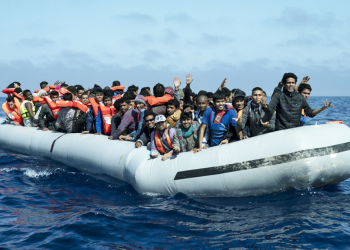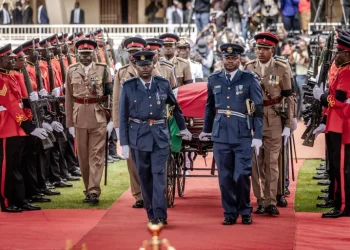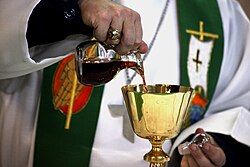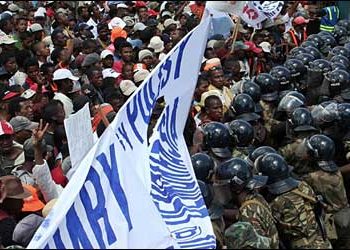The Sudan Kordofan region has become a key battleground in the civil war between the Sudanese army and Rapid Support Forces (RSF). Both sides fight for control of the oil-rich region, which holds immense strategic value.
In July 2025, a series of attacks killed hundreds of civilians, drawing attention to the war in Kordofan. Amir Amin, an analyst, explained, “Whoever controls Kordofan controls Sudan’s oil supply.”
Kordofan is crucial for South Sudan as it transports oil through pipelines before export. South Sudan has a vested interest in ensuring Kordofan’s stability.
The army began focusing on regaining Kordofan in June 2025 after the RSF captured it. The RSF had taken Khartoum and Gezira state, an agricultural hub, earlier in the conflict.
Gen Abdel Fattah al-Burhan, Sudan’s military leader, returned to Khartoum on July 20, 2025, for the second time since his forces ousted the RSF in March. However, he remains in Port Sudan, signaling his reluctance to return permanently to the heavily damaged capital.
The war has claimed 150,000 lives and displaced 12 million people.
Background of the Conflict
The conflict began in April 2023, when Gen Burhan and Gen Mohamed Hamdan Dagalo (Hemedti), the RSF leader, fell out. The RSF helped Burhan overthrow the government in 2021, but they soon turned on each other after Burhan tried to integrate the RSF into the national army.
Alan Boswell, an analyst from the International Crisis Group, said, “The army wants to defeat the RSF in Kordofan to advance into Darfur, the RSF’s birthplace.”
The RSF, on the other hand, aims to capture Kordofan to gain momentum and potentially target Khartoum again.
Tensions in Kordofan
Dr. Suliman Baldo, director of the Sudan Transparency and Policy Tracker, doubts the army can break through the RSF’s defenses in Kordofan. Most RSF fighters belong to the Misseriya ethnic group in West Kordofan, and they are defending their communities.
The army’s airstrikes in West Kordofan, including in el-Fula and Abu Zabad, have angered local populations. Youssef Awadallah Aliyan, head of the RSF’s civilian administration in South Kordofan, threatened, “If the army bombs civilians again, we will strike and shut down Heglig’s oil.”
The UN Office for the Coordination of Humanitarian Affairs (OCHA) condemned these attacks, which killed over 20 civilians. OCHA urged all parties to protect civilians and adhere to international humanitarian law.
Escalating Violence
The RSF has been accused of targeting civilians. UNICEF reported that 450 civilians, including 24 boys, 11 girls, and two pregnant women, died in recent attacks across North Kordofan. Dr. Baldo called the escalation “an outrage” and a “complete disregard for human life.”
The RSF is preparing an offensive to capture el-Obeid, the capital of North Kordofan. The town of Umm Sumaima has changed hands multiple times as both sides battle for control.
“If the RSF captures Umm Sumaima, it could besiege the army,” Dr. Baldo explained. “The army wants to open a supply route for rearming.”
The Long Road Ahead
The battle for Kordofan, covering 390,000 sq km (150,000 sq miles), is expected to last for months. Amir Amin noted that while it may not decide the war’s victor, it will have a significant impact on the outcome.













